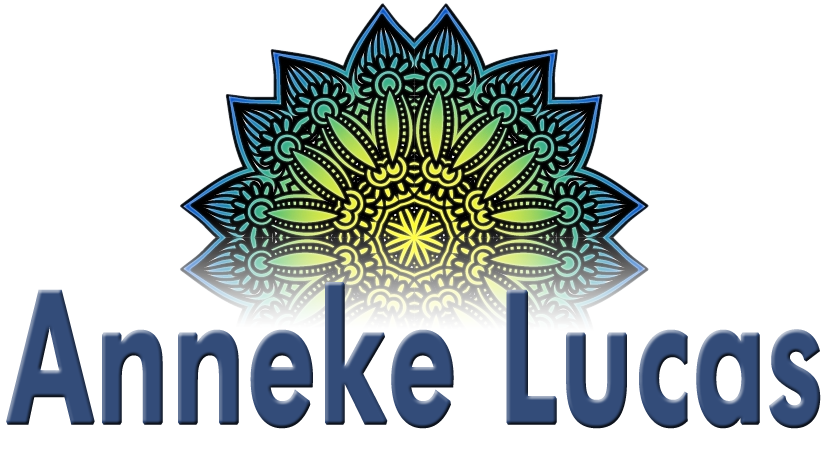Shame
Shame is meant to help regulate our behavior. Since it is such an uncomfortable feeling, we would want to avoid repeating actions that cause us to feel it. In the Hindu Shankya system, shame is listed as one of the eight poisons of the heart, hindering our spiritual growth. Following moral precepts helps us to move beyond shame. Psychopaths, who have no conscience, experience no shame. This is not because psychopaths have transcended shame, but rather that they have no access to it. During abuse, a package of shame, unconnected to any actions of the victim, is transferred from the abuser to the victim. It is necessary for the abuser to become at least momentarily insane, and blame the victim, somehow make them responsible for the abuse, or all motive to do harm would deflate like a balloon, and it would be impossible to act. Without a strong negative or twisted projection where the victim becomes that person who "deserves this," or “wants this” they would be perceived as what they are, a vulnerable child or young person. The abuse is to the abuser the only apparent means to rid him or herself of their own package of shame, delivered usually, through the same or similar abuse. That kind of shame, attached to the ego during abuse, drives a victim to always feel that they need to change and be better, but without any idea how, because the original wrong action can't be identified. Hence self-esteem dwindles.
My mother's shamelessness seemed at times purposeful, as if she made the choice, at one point in her life, that she was never going to feel that way again. I was most aware of her utter shamelessness in the moment she molested me. She appeared to be having a fun, light time between girls, doing, as she said "what pretty girls do together." I was eleven years old. I have never felt as much shame as during this abuse, feeling the blood rush to my cheeks as my mother casually, blatantly exposed herself, as if we finally got to have a little fun in an otherwise boring day. I was lying down as I had been told, stiff as a board, shoulders up to my ears, fighting the disgust, indescribably confused, and ashamed of feeling arousal in response to her touch, showing me "how to have fun." The mental torture of this experience is as vivid today as the day it happened.
The difference between shame and guilt is that shame is the feeling itself, related to what you may or may not have done, that is very uncomfortable and truly hard to live with. Guilt is the related mental process of the mind coping with what you may have done, or what you believe you may have done, that was wrong, and this process may or may not lead to shame. Sometimes you can take responsibility for something you did without any need to feel shame. As a child and young adult I couldn't smile freely, because, told every day that my teeth were yellow, I used to be too ashamed to open my mouth. I wasn't feeling guilty about my teeth, but I was ashamed.
Repression of shame on a personal level, as in my mother and many of the abusers in the network, happens when the ego is so damaged from being made to carry shame through abuse, that in looking at your own actions, the natural shame that would prevent you from repeating the action is conflated with the unbearable shame of being made to feel that you deserved the abuse - embedding the lie that you must be innately worthless, or evil. The intensity of the discomfort of feeling shame, with the added fear that you are worthless and evil and deserve every bad thing that happens to you, really are too much to bear. That is how the baby gets thrown out with the bathwater, and no more shame is felt at all.
Conscience comes to us through a small inner voice, and to be heard it requires that we are in touch with our feelings. Shutting down all shame also shuts out the awareness of the original abuse - or its impact - and any access to the small inner voice. Any feeling you may begin to access that reminds you that you did something wrong, instantly threatens to open the floodgates to the unbearable, excessive shame, and so you reject it. You reject responsibility. You reject the shame. And you will fight to protect yourself from ever feeling it again. And that is how you end up abusing, killing, and having no conscience at all.
From the outside, your life may look compellingly easy. You may say that the world is your oyster, and feel a sense of freedom (from shame) because now you can just do anything. Thus psychopaths are fooled into making themselves believe they are gods, and thus trauma-based repression of shame from the psychopaths at the top of the power paradigm, is causing a global shift into shamelessness and the decline of morals.

